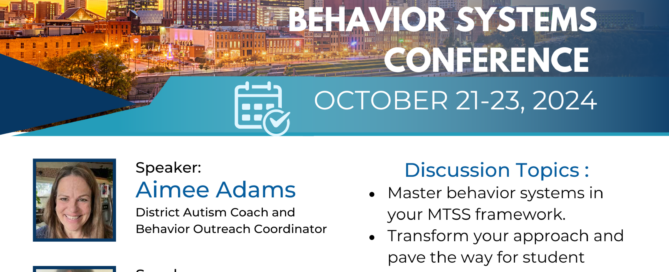Navigating Education in 2025
Navigating Education in 2025 As we step into 2025, the educational landscape is poised for transformation, driven by technology, evolving societal needs, and a growing emphasis on equity and personalization. At Let's Go Learn, we are committed to empowering educators and learners with tools that meet the demands of an ever-changing world. This











